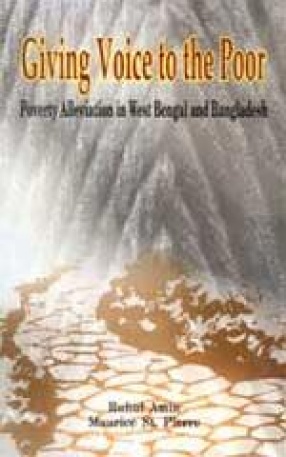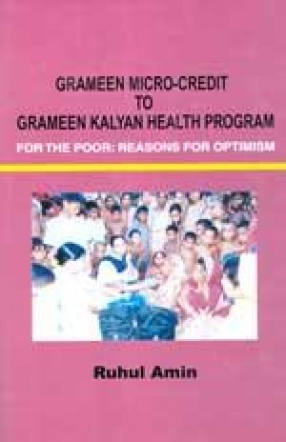The focus in this book is on the important topic of poverty alleviation, in two relatively undeveloped areas in Asia, namely, West Bengal in India and in Bangladesh. The authors argue that poverty is not merely of great concern to the people of these two areas but also to the rest of the world, especially the developed world, because of its political-economic consequences, including international terrorism. From this premise and using a conflated theoretical perspective that encompasses systems, conflict, and modernity theories, the authors proceed to show how the history of landlordism, disparities in income distribution, political violence, and undulating democracy have created a framework for corruption and patronage. This is manifested at the state and national levels and with respect to the utilization of foreign aid meant to benefit the poor. As a consequence, foreign aid has not been efficacious as a tool for poverty alleviation. They argue that any effective poverty alleviation programme must involve the political parties. The government must find the political will to mobilize and educate the rural poor, in the direction of jettisoning those facets of traditional order that militate against the interests of the masses while embracing those of the modern order that facilitate the goal of poverty alleviation. The book should be of interest to politicians, academics, as well as to aid donors and Asian experts in Western countries.
Grameen Micro-Credit to Grameen Kalyan Health Program for the Poor: Reasons for Optimism
The 1978 International ...
$31.50
$35.00





There are no reviews yet.